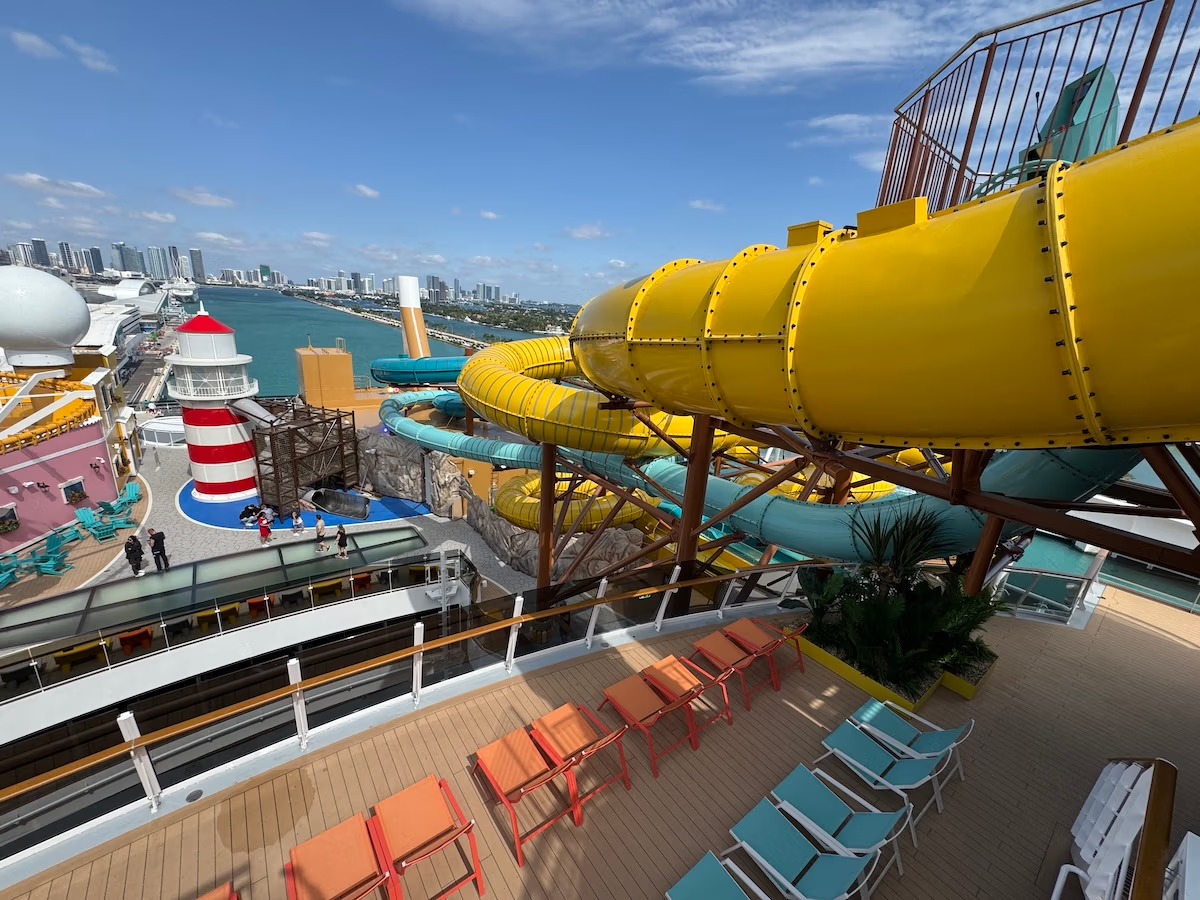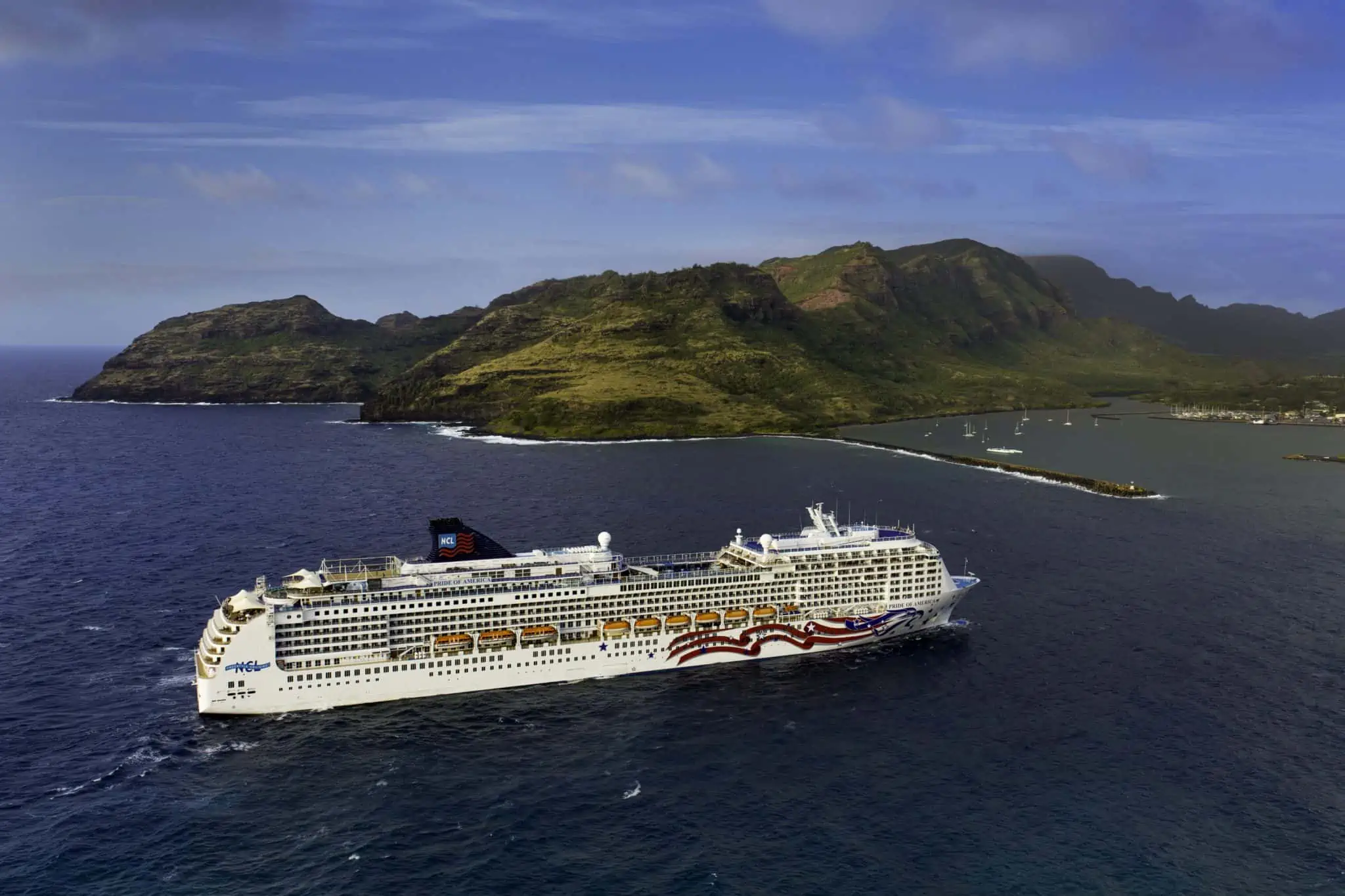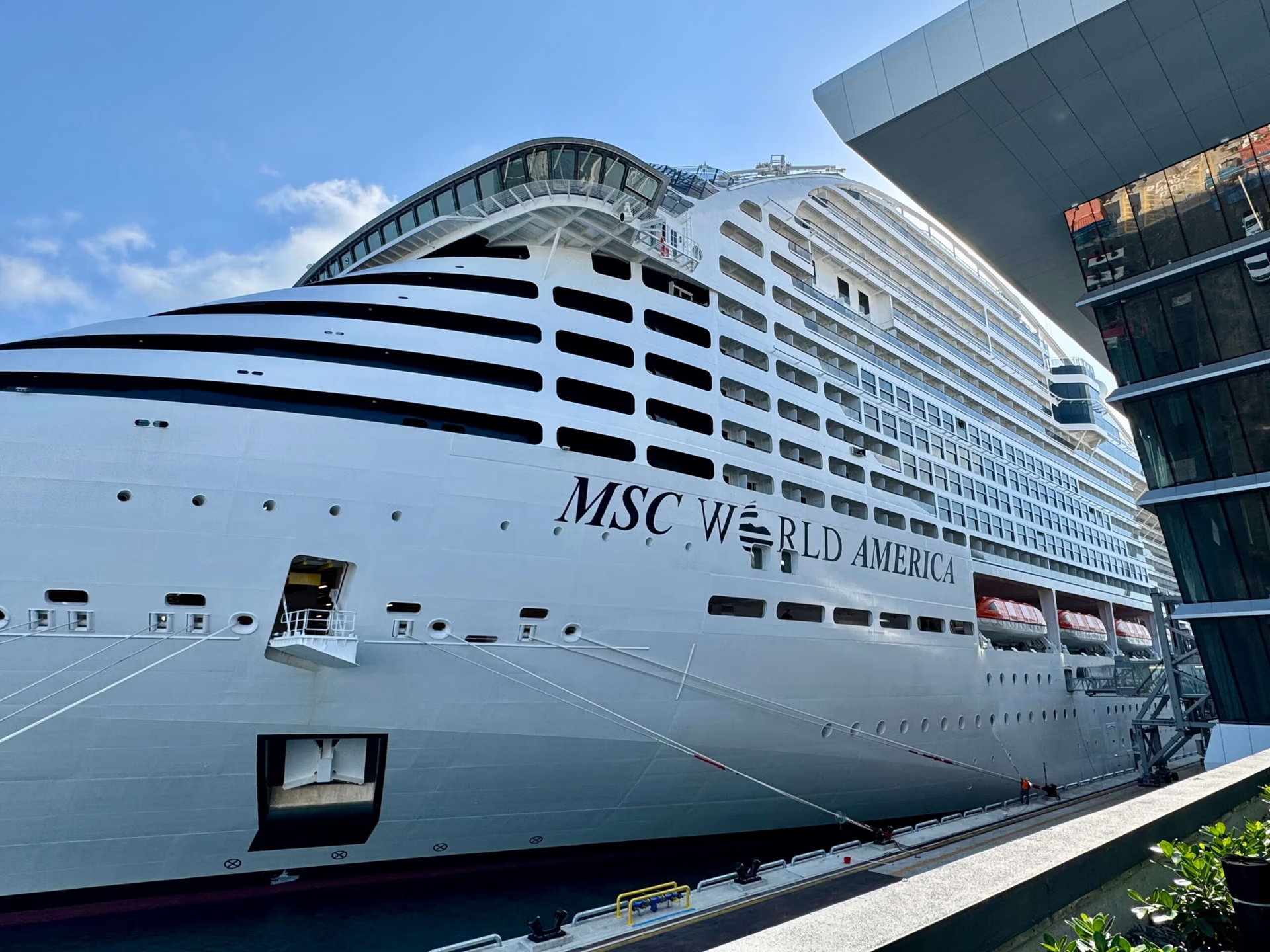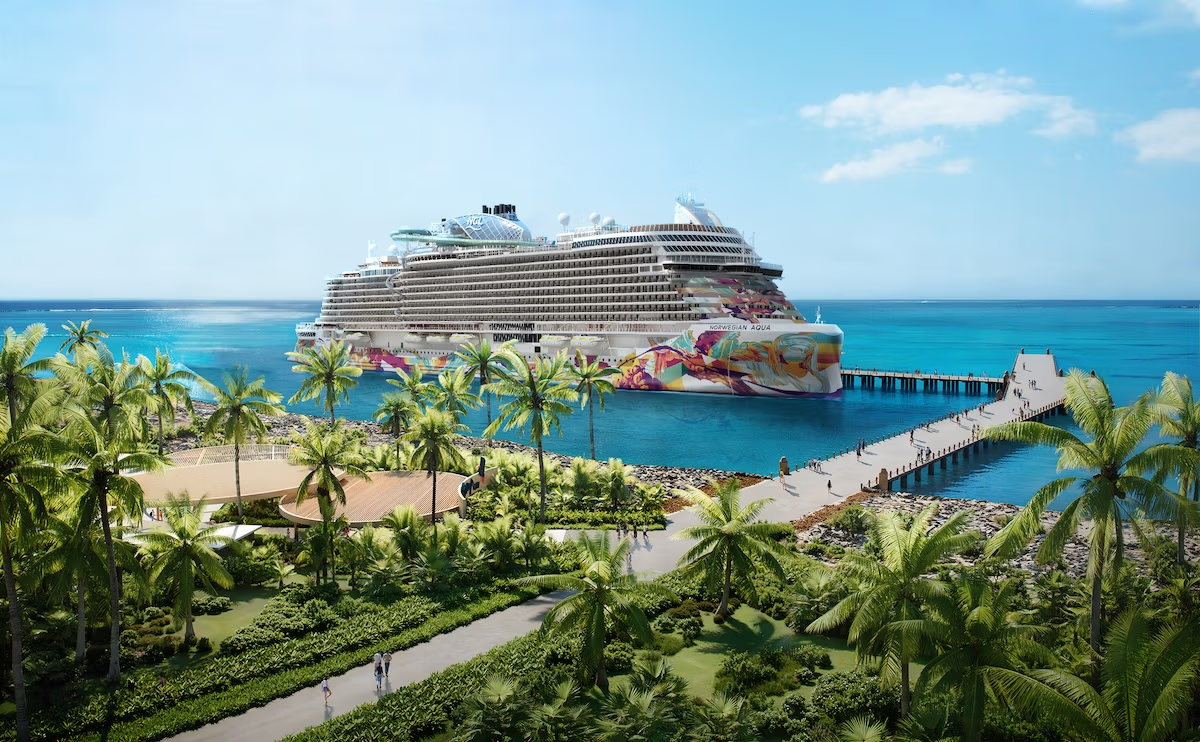The years-long legal battle between Havana Docks and a handful of cruise lines recently led to an appeals court ruling that mostly favored the cruise lines.
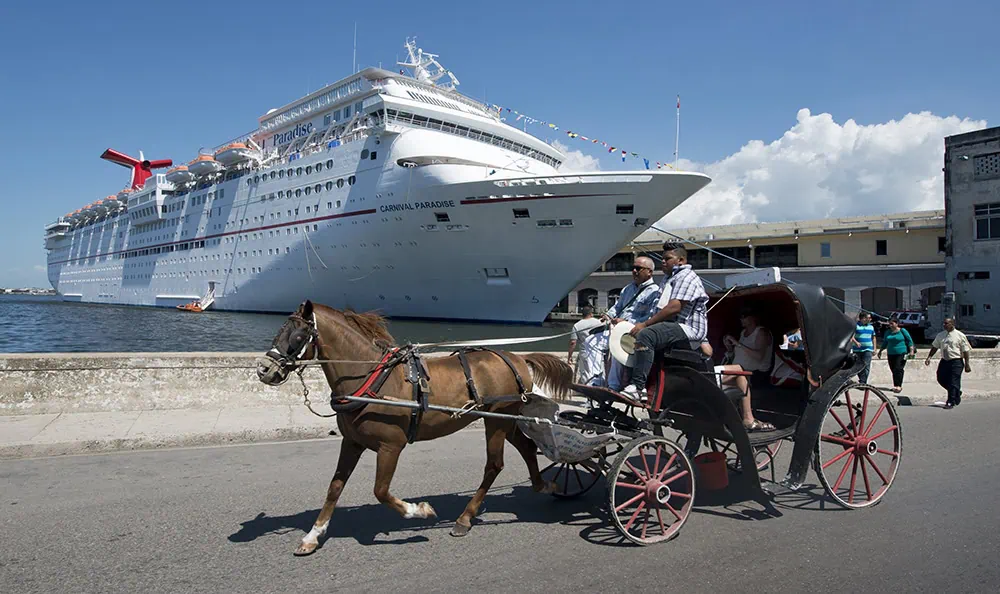
The 11th Circuit Court of Appeals also overturned a 2022 decree mandating the cruise operators pay Havana Docks over $439 million in damages.
Havana Docks Corporation accused Norwegian Cruise Line Holdings, Carnival Corporation, Royal Caribbean Group, and MSC Cruises of “trafficking in stolen American properties” by ferrying nearly a million cruise passengers to the Port of Havana, Cuba, from 2015 to 2019.
The District Court for the Southern District of Florida disputed the assertion, declaring the plaintiff’s interest in the property expired in 2004. Hence, the tourism activities of the cruise lines at the docks could not be considered trafficking.
Why Did the Cruise Line Lose the First Round?
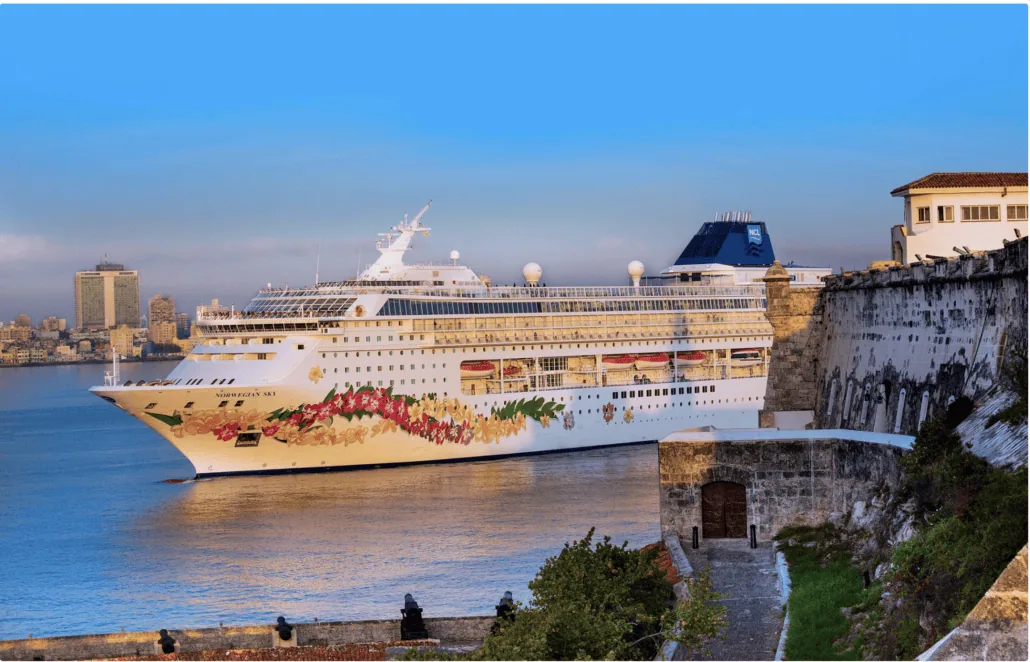
The docks were seized by Havana’s government in 1960 when the Cuban revolution ended. Cruise lines paid millions of dollars to the local government to use them, generating over $1.1 billion in revenue.
In March 2022, US Judge Beth Bloom declared that the four cruise operators must compensate Javier Garcia-Bengochea and Mickael Behn, the descendants of a US businessman, for using the facilities beyond what had been allowed.
Bloom added that although the US government granted them licenses to transport American passengers to Cuba, the companies did not have the right to bring in tourists.
She instructed Norwegian, Royal Caribbean, MSC Cruises, and Carnival to each pay Havana Docks $109,671,180.90 in damages, totaling over $439 million.
Winning the Last Battle
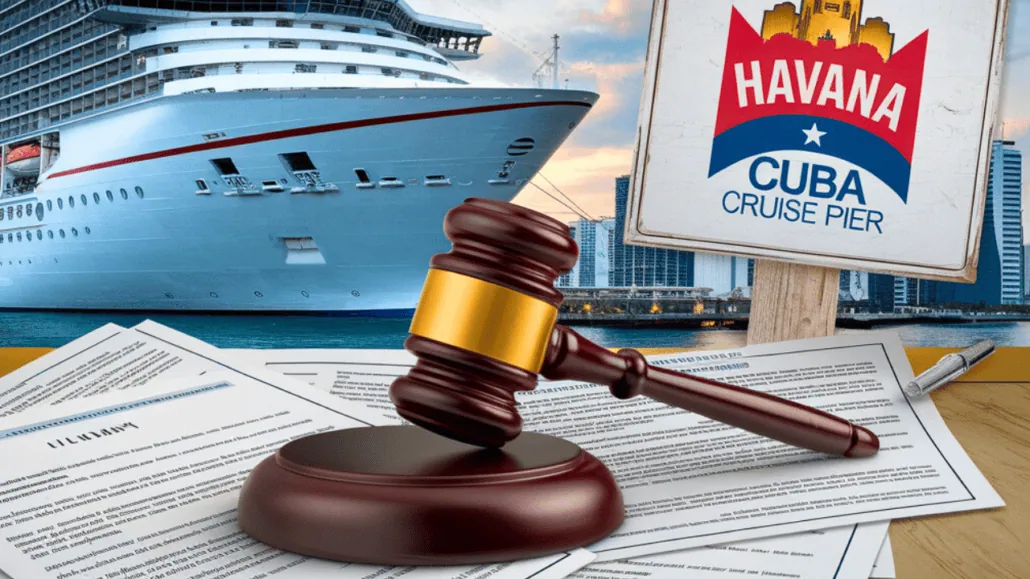
Judges William Pryor Jr., Andrew Brasher, and Adalberto Jordan presided over the last proceedings. They overturned the previous decision by citing that Havana Docks did not own the land on which it was built. Rather, Garcia-Bengochea and Behn had a concession from the Cuban government.
This meant they had been awarded the right to operate and profit from the facilities for 99 years, which elapsed in 2004.
Since the allegations span from 2015 to 2019, the concession no longer covered the cruise lines’ operations at the port.
In 2019, cruise lines became vulnerable to these types of legal charges when the Trump administration lifted the suspension of the LIBERTAD Act, or the Cuban Liberty and Democratic Solidarity Act of 1996.
The act had never been enacted since it could upset the United States diplomatic ties with allies, particularly those with business affairs in the Caribbean nation.
During the same year, Trump introduced a travel ban on Cuba, prohibiting vessels from visiting the Caribbean nation.


